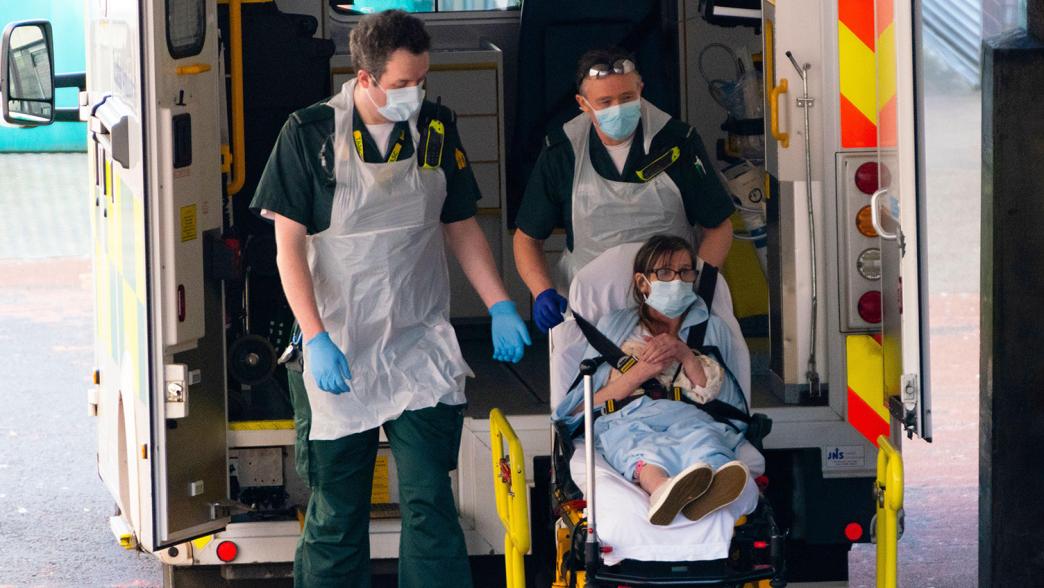How fit were public services for coronavirus?
Failures in planning and funding cuts meant public services were not well prepared to handle the coronavirus crisis.

Failures in planning and funding cuts meant public services were not well prepared to handle the coronavirus crisis.

Performance Tracker 2019 projects the demand and spending on nine public services for the next five years.
The UK criminal justice system is facing unprecedented court case backlogs and record prisoner numbers.
Investing in prevention could save money and improve productivity – so is it time for government to rethink public service spending?
The prime minister should not be allowed to abdicate decisions about how to pay for his spending pledges.